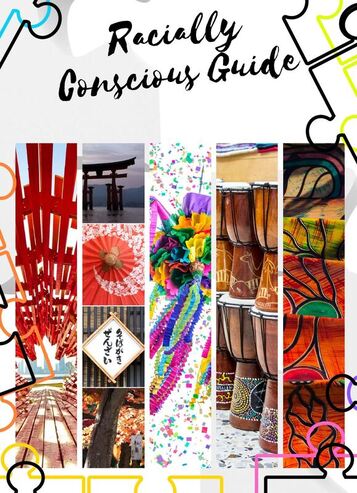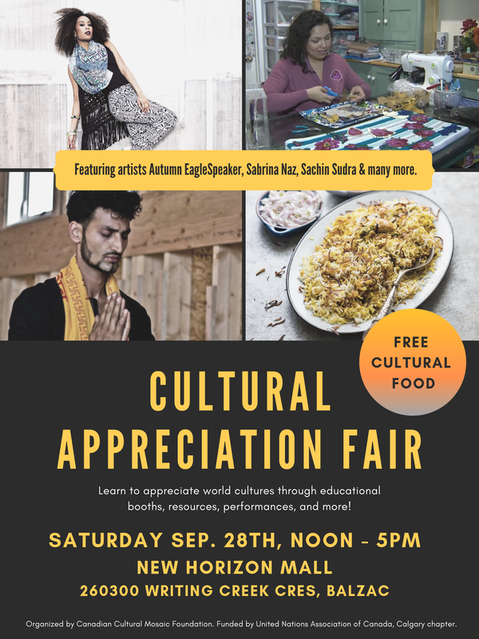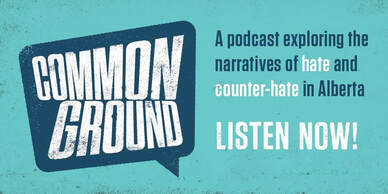 Cultural appropriation or cultural ignorance can seem innocent at first. You can think, “What bad does this do other than offend people? Offending people won’t kill anybody.” While you are correct that offending people isn’t the same as killing someone, it is still very damaging. By culturally appropriating a culture, you are erasing the history and significance of that culture and those people. You are taking their culture and claiming it as your own, suggesting that the voices of those who have been oppressed simply do not matter. While this sounds extreme, we encourage you to take a step back and think about it. Marginalized communities have, quite frankly, been to hell and back, and continue to do so every single day. From the beginning of colonization, Indigenous people have been abused, murdered and assimilated to erase their culture. Black people were forced as slaves, abused and lynched because they were not recognized as humans. Japanese people were separated from their families and put into internment camps, forcing them into hard labour with little pay. These are just a few examples. While Western society has certainly come a long way in regards to racism, discrimination is still prevalent today. Each of the groups mentioned above are still, to this day, not treated equally to white people. For many individuals in marginalized communities, their cultures are the pillars of their strength. But even then, internalized racism — sometimes known as internalized racial oppression — still affects many people of colour who are victims of racism. This subtle and systemic oppression can affect one’s relationship with themselves, causing inner self-hatred and confusion in all aspects of life. Cultural appropriation can be embodied in many different forms. It can be done through your clothing, accessories, decorations, food and even the things you do. Not stealing someone’s culture and giving them credit for it — especially someone who is beneath you on the power dynamic — is a form of respecting the aspects of them that are culturally significant and giving them the power to decide what to do with it. It is important to note that, if you are guilty of culturally appropriating a different culture, you are not a bad person. Instead, it is your responsibility to educate yourself about the damage that is done through taking someone else’s culture and claiming it as your own. More importantly, it is your responsibility to learn what role you can play in deconstructing racial hierarchy systems and work towards that goal. It is possible to appreciate and participate in the diverse cultures around the world, and do so in a respectful manner. We are here to help guide you with our Racially Conscious Guide.
0 Comments
 Cultural Appreciation Fair is an opportunity to learn about the diversity of cultures in our community and engage with them through educational discussions and respect. There will be numerous cultural booths, educational resources, performances, artist talks, free food and more! The event takes place on Saturday September 28 from noon to 5pm at the New Horizon Mall (260300 Writing Creek Cres, Balzac - next to crossiron mills). If your ethnic/cultural community association wants to take part, please connect with us and we can further discuss. This is a 2019 Culture Days event funded by United Nations Association in Canada - Calgary and organized by Canadian Cultural Mosaic Foundation. RSVP on eventbrite  In an age of increasing political and social polarization, how do we understand the diverse and divisive viewpoints that are fueling opinions in Alberta? Through stories, interviews and information sharing, the Common Ground podcast explores narratives of hate and counter-hate to understand if we have any hope of finding common ground. This project was created in partnership with Canadian Cultural Mosaic Foundation (Iman Bukhari) and MacEwan University (Irfan Chaudhry). |
Archives
January 2024
|
 RSS Feed
RSS Feed
